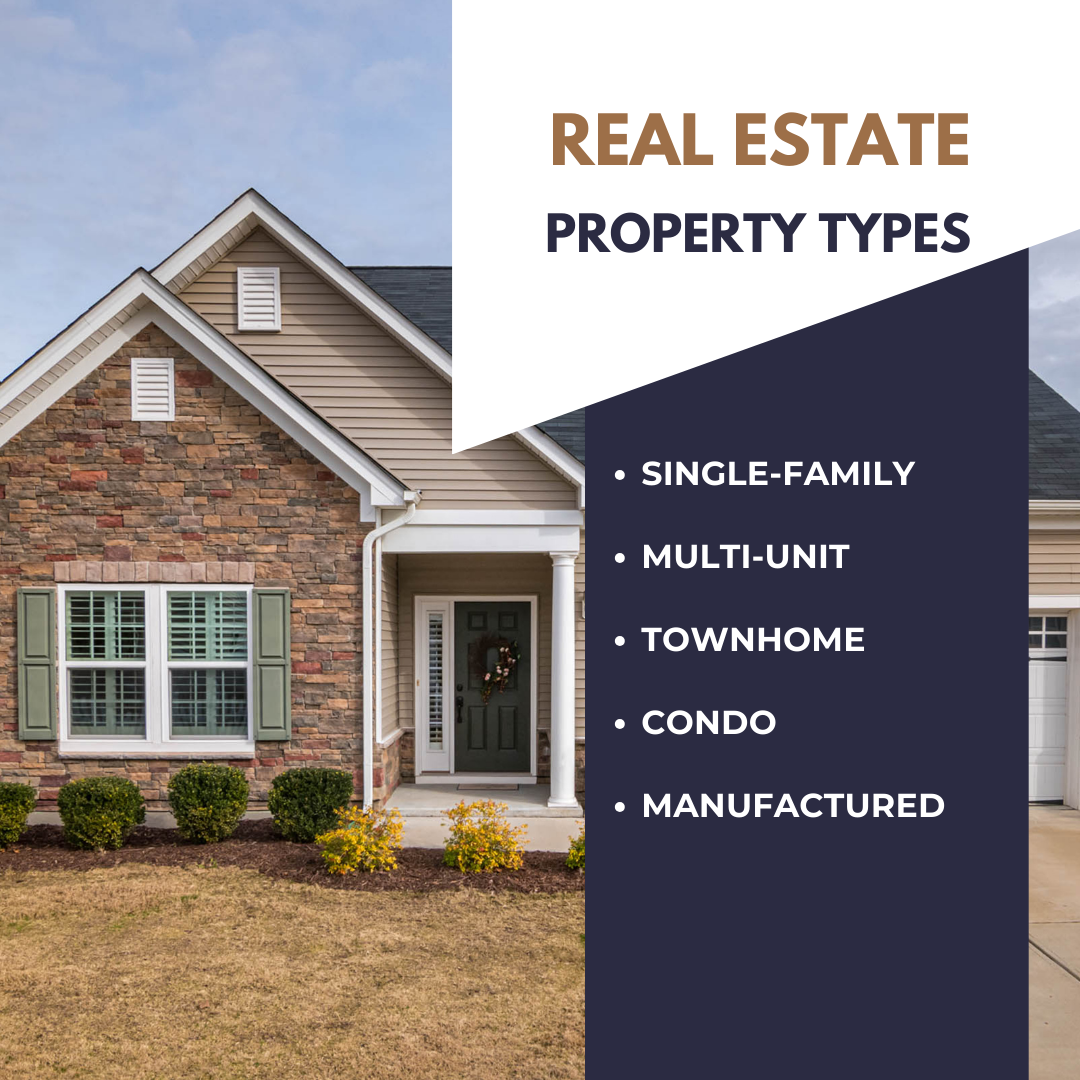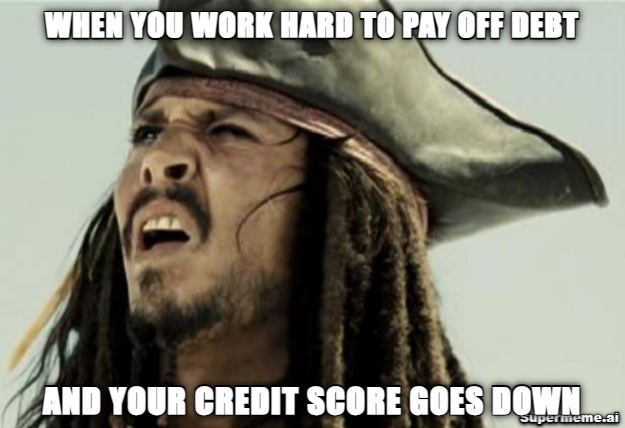 Can I Buy a House?
Can I Buy a House? Since 1982, thousands of would-be homeowners have asked me that question. My answer, 100% of the time, is a resounding, “YES, you CAN buy a home.” Anybody can buy a home. It’s not difficult and there are a lot of different ways that you can go about it. You just need to speak with the right people and ask the right questions.
Over the past 40 years, I’ve worked with hundreds of well-qualified Realtors that can help just about anyone that wants to, buy a home. Many times, the potential buyer may need to leverage the purchase of a home with a mortgage… that’s where I would enter the picture.
So, now the question is no longer, “Can I buy a house?”. It’s now, “Can I qualify for enough of a mortgage to buy a house?” and, still, the answer is a resounding, “YES”. But, it may not be at this very moment.
It’s similar to asking the question, “Can I run the Boston Marathon?”. Well, of course you can but maybe the question should be, “Can I finish the Boston Marathon?”. The answer can still be “Yes” but maybe not at this moment. It’s going to take some work.
What does it take to get a mortgage to buy a home?
Many times, buying a house can be easier than buying a car or getting a credit card, because one-third of the underwriting equation isn’t about you… it’s about the collateral.
The three main things an underwriter looks at when determining “creditworthiness” are:
- Credit (“A” credit is a minimum of 620 credit score)
- Income to debt ratios (and stability of that income).
- Equity (Down payment on the collateral).
So, when someone wants to know if they can qualify for a mortgage to buy a home NOW, these are the three main areas we review.
If someone comes up “short” in one area, we highlight the other two and look for other “compensating factors”. Thus, if someone wants to purchase a home with zero down, we focus on the credit and income. If the potential buyer has a good credit score, they’ve established a history of being responsible with repaying their debts. We then work up an estimated monthly payment, including other debt obligations, and compare that to their steady gross income.
What if I have irregular income?
Hopefully, you’re working with a loan officer who is helpful, knowledgeable and even a little creative (just in case). To give you an example of what I mean by “creative”. I had a Registered Nurse (RN) come to me after being turned down by three lenders. The problem other lenders had is that she is an “on-call” nurse, so there are no scheduled hours. My client preferred this over being a staff nurse because it paid substantially more and she enjoyed working in different environments and meeting new people.
We pulled her tax returns for the past two years and she could definitely make the mortgage payments however, even my own underwriter wasn’t going to approve this RN because, as the underwriter put it, “Zero scheduled hours times $48/hour is still zero”.
Time to get creative.
That Sunday, I grabbed the Help Wanted section and highlighted the full two and half pages of ‘Rn’s Wanted’ advertisements and presented it to the underwriter.
Loan approved!! That newspaper became an official part of her file.

What if I have bad credit?
What if someone has bad credit? Again, we focus on the other two qualifiers; income and equity. However, with that said, there is a limit where most lenders won’t lend on a credit score less than 500. On a credit scoring scale of 350 to 850, 500 is pretty low. For this person to be approved, there would need to be a strong explanation of why their score is so low and how things have improved since. They would also need to show a good, steady income and be prepared to put a larger down payment on the purchase.
If someone has less than a 500 credit score or has recently had a serious credit event such as a bankruptcy, foreclosure, short-sale or has had multiple 30-day late mortgage payments over the past 12 to 24 months, even with a strong income and larger down payment, most lenders will take a pass.
Does it mean that this person cannot buy a home? Not at all. It just means that they have
work to do, just like our marathon runner. With that said, every once in a while, we’ll come across a lender that is willing to take a “risk” on someone with this sort of credit record but they will charge higher fees and rates to offset that risk.
Likewise, if someone were to come up short in two of these areas, there may be lenders willing to offset this “risk” by offering the homebuyer a higher interest rate.
What if interest rates are high?
Should we consider making a purchase with a higher interest rate due to a risk factor such as bad credit or unstable income? Let’s do the math. If residential property is appreciating at 6.6% per year and the interest deduction saves you 2-3% per year on your income taxes, your net effective “cost” on a 10% interest rate actually looks pretty attractive. Especially since you’ll most likely refinance in a couple of years anyway.
What about Private Mortgage Insurance (PMI)?
Don’t confuse Mortgage Insurance with mortgage life insurance or homeowners insurance. Private Mortgage Insurance (PMI) is meant to protect only the lender in case you default on your payments. Of course, the cost of that mortgage insurance will be your responsibility.
To avoid PMI on a Conventional Loan, you would need to put 20% of the sales price as a down payment. Personally, I’ve often put 10% down, paid a nominal MI fee for 12 months & then I would have the MI removed. I let inflation put the other 10-15% down for me. After we’ve moved into a home, we’ll do some improvements to accelerate the appreciated value, come the 13
th month I have an appraisal done and show the lender that I now have 25 % equity in the property & wish to have my mortgage insurance removed.
What about an FHA or VA Loan?
Both, FHA-insured and VA-guaranteed loans are good options if you’re looking for something with very little down payment and/or have some credit blemishes. Both of these options are discussed in more
detail here.
Related Posts:
 Can I Buy a House? Since 1982, thousands of would-be homeowners have asked me that question. My answer, 100% of the time, is a resounding, “YES, you CAN buy a home.” Anybody can buy a home. It’s not difficult and there are a lot of different ways that you can go about it. You just need to speak with the right people and ask the right questions.
Over the past 40 years, I’ve worked with hundreds of well-qualified Realtors that can help just about anyone that wants to, buy a home. Many times, the potential buyer may need to leverage the purchase of a home with a mortgage… that’s where I would enter the picture.
So, now the question is no longer, “Can I buy a house?”. It’s now, “Can I qualify for enough of a mortgage to buy a house?” and, still, the answer is a resounding, “YES”. But, it may not be at this very moment.
It’s similar to asking the question, “Can I run the Boston Marathon?”. Well, of course you can but maybe the question should be, “Can I finish the Boston Marathon?”. The answer can still be “Yes” but maybe not at this moment. It’s going to take some work.
Can I Buy a House? Since 1982, thousands of would-be homeowners have asked me that question. My answer, 100% of the time, is a resounding, “YES, you CAN buy a home.” Anybody can buy a home. It’s not difficult and there are a lot of different ways that you can go about it. You just need to speak with the right people and ask the right questions.
Over the past 40 years, I’ve worked with hundreds of well-qualified Realtors that can help just about anyone that wants to, buy a home. Many times, the potential buyer may need to leverage the purchase of a home with a mortgage… that’s where I would enter the picture.
So, now the question is no longer, “Can I buy a house?”. It’s now, “Can I qualify for enough of a mortgage to buy a house?” and, still, the answer is a resounding, “YES”. But, it may not be at this very moment.
It’s similar to asking the question, “Can I run the Boston Marathon?”. Well, of course you can but maybe the question should be, “Can I finish the Boston Marathon?”. The answer can still be “Yes” but maybe not at this moment. It’s going to take some work.






